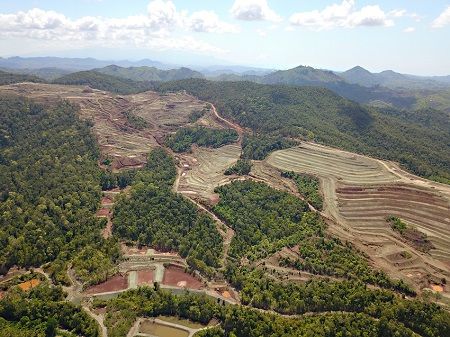
Gathering on Extractives & Human Rights: views of mining-affected communities
Mining provides society with a range of essential materials, such as nickel, copper and cobalt. Yet the extractives sector causes large-scale loss of nature and biological diversity, and is linked to human rights violations. In October, over 300 individuals from civil society organisations and community groups from the Asia-Pacific region gathered to discuss a joint strategy for regional advocacy, especially in the light of impacts of COVID to current work on resisting destructive mining operations or threats.
Header image: © Erwin Mascarinas, NTFP-EP Philippines / IUCN NL
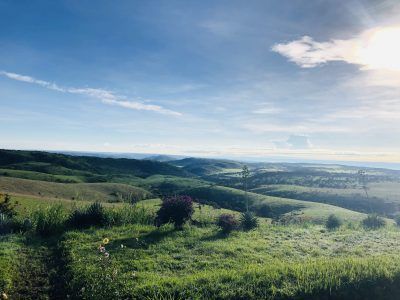
Stop illegal activities in DR Congo Protected Areas
In the week before COP26, 234 Congolese and international organisations called on the Head of State of the Democratic Republic of Congo (DRC) to put an end to the illegal exploitation of protected areas.
Header photo: Upemba-Kundelungu Complex © Paul Villaespesa / IUCN NL
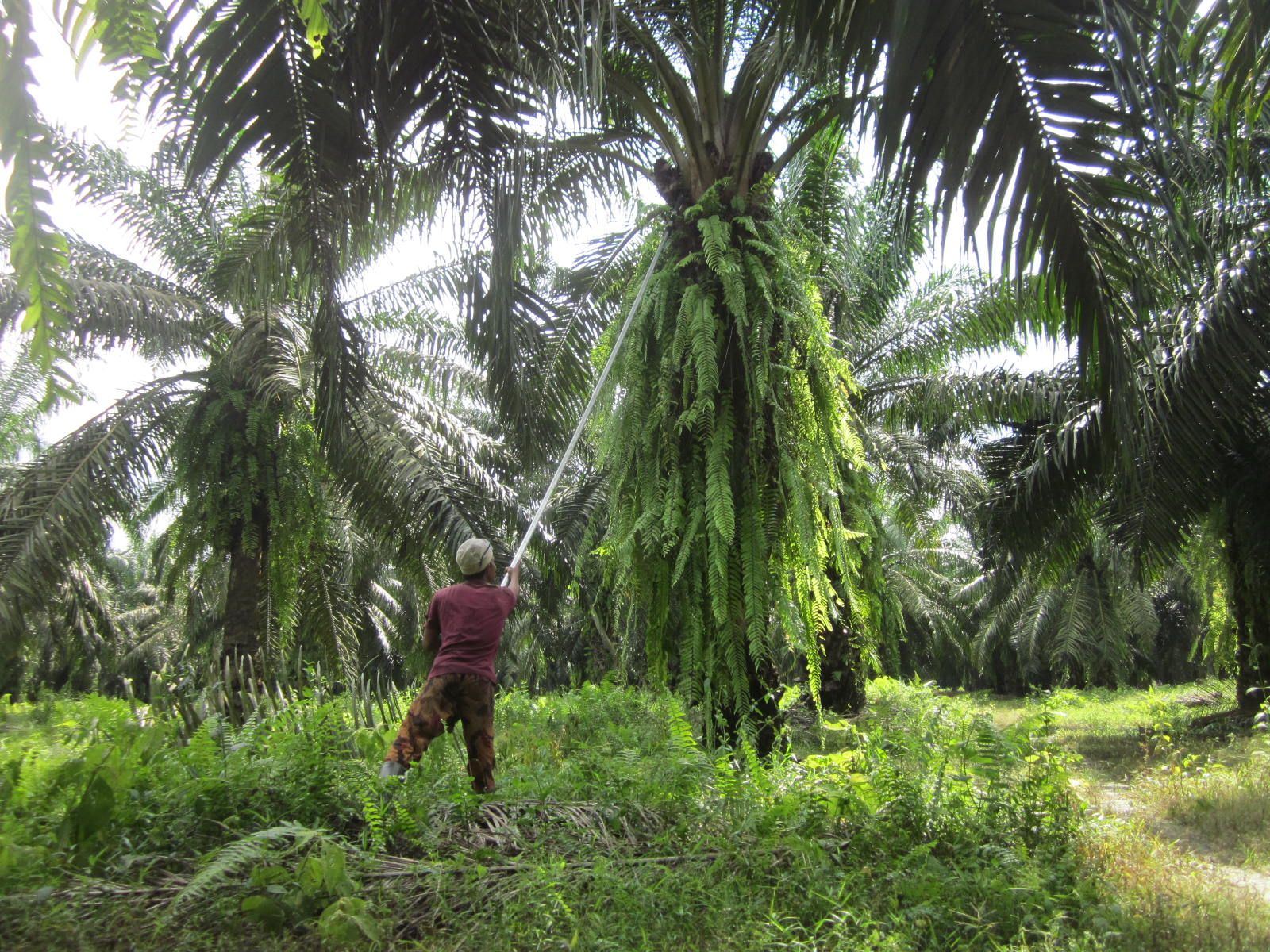
Indonesia’s climate approach will backfire without a palm oil moratorium
At COP26 in Glasgow, more than 100 leaders, including Indonesian President Joko Widodo, committed to halt and reverse forest loss and land degradation by 2030. Yet in his speech, Widodo made no mention of the moratorium on palm oil plantations, which expired in September. Without this moratorium, Indonesia’s climate approach will backfire, NGO Sawit Watch warns.
Header photo: palm oil plantation © Sawit Watch
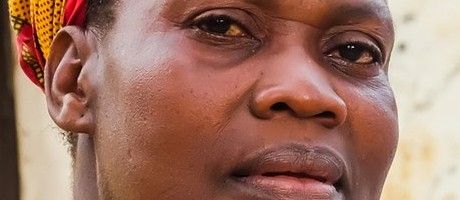
Illegally dismissed Community Members receive compensation from palm oil company Golden Veroleum Liberia.
On Wednesday 20th October 2021, sixteen victims of wrongful dismissal received over 35.000 USD in financial compensation. The wrongful act was committed by Golden Veroleum Liberia, a palm oil company controlled by Singapore listed Golden Agri-Resources after the local community members from Butaw protested against the company back in 2015. The case stands for a sign of hope and sets a precedent for Liberians and communities in other countries that resist rights violations and destructive practices from the multinationals occupying their customary lands. Moreover, this victory will serve as a deterrent for other concessionaires and encourage them to recognize the rights of local communities.

Political freedom in Uganda increasingly under pressure
Six employees of AFIEGO in Uganda were detained for 72 hours last weekend, without formal charges being brought against them. The arrests are part of a worrying pattern of harassment and persecution of AFIEGO by Ugandan authorities.
Header photo by Zbynek Burival on Unsplash
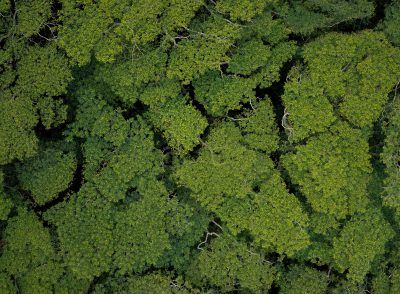
Promote local ownership and governance of nature to reach climate and biodiversity targets
Local ownership and governance of biodiversity is crucial to achieve global and national biodiversity and climate targets. Therefore, the position and rights of Indigenous Peoples and Local Communities (IPLCs) need to be valued, recognized and strengthened in the 2030 Global Biodiversity Framework and the climate convention (COP26) in Glasgow.
Header photo: Aerial view of forest © Michael Olsen for Unsplash
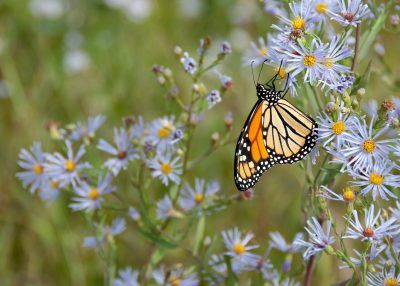
Biodiversity integration in the Dutch financial sector: Why it’s critical to be proactive and invest in nature
VBDO and IUCN NL surveyed five banks and 13 asset owners/asset managers headquartered in the Netherlands. Despite the Dutch Central Bank’s warning that financial institutions can be impacted financially when they fail to take sufficient action on biodiversity loss, only 28% of the surveyed Dutch financial institutions have started to assess the financial risks of biodiversity loss. None of them make use of scenario analysis for biodiversity loss to inform strategic risk management.
Header photo: monarch butterfly by James Wheeler on Unsplash
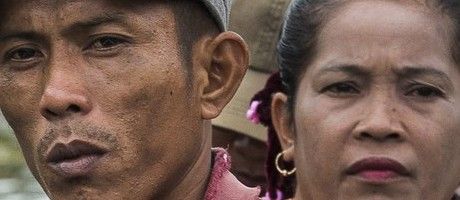
Guideline Note: Alternative Financing for Agroecology and Community-based Forest Management
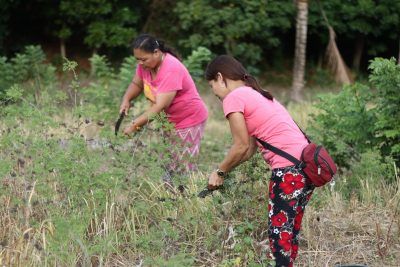
Gaining recognition for territories conserved by Indigenous Peoples and local communities in the Philippines and Bolivia
Indigenous Peoples and local communities (IPLCs) play a central role in conserving and defending their territories. These Indigenous and Community Conserved Areas (ICCAs) are under increasing pressure, resulting in a global movement to gain recognition for the importance of these areas. IUCN NL’s partners in the Philippines and Bolivia are both active in this movement and are dealing with a lot of the same challenges to gain recognition for their land. Civil society organizations from the Philippines embarked on a learning exchange to Bolivia to learn about the situation of IPLCs in the country and their movement toward the recognition of ICCAs.
Header photo: © Erwin Mascarinas, NTFP-EP Philippines / IUCN NL
